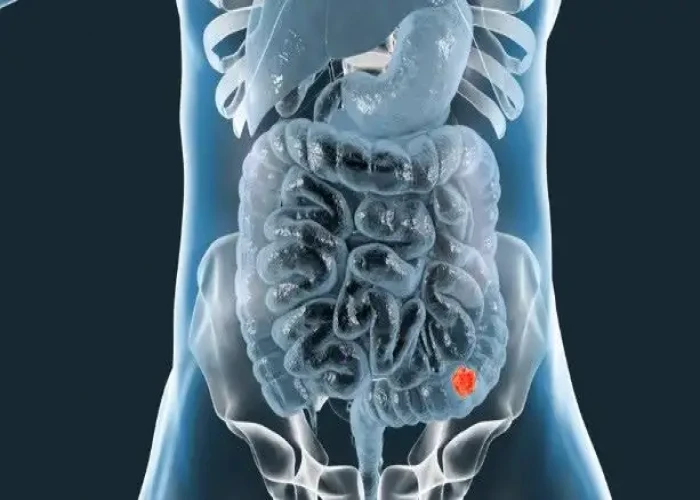 Welcome
Welcome
“May all be happy, may all be healed, may all be at peace and may no one ever suffer."
Small bowel cancer
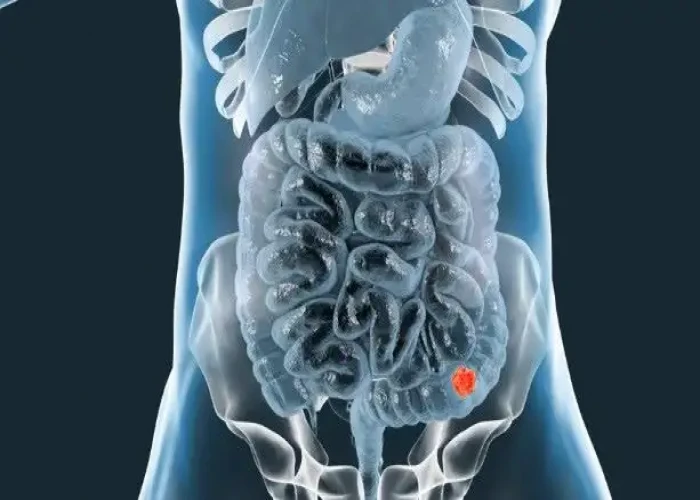
Small bowel cancer, also known as small intestine cancer, is a rare type of cancer that starts in the small intestine. It accounts for less than 5% of all gastrointestinal tract cancers.
The symptoms of small bowel cancer can vary, and some people may not have any symptoms at all. However, some common symptoms include:
- Abdominal pain or cramping
- Bloating or fullness in the abdomen
- Nausea or vomiting
- Changes in bowel habits, such as diarrhea or constipation
- Unintentional weight loss
- Fatigue
- Anemia
The causes of small bowel cancer are not fully understood, but some risk factors include:
- Age: The risk of developing small bowel cancer increases as people get older.
- Inherited conditions: Certain inherited conditions, such as familial adenomatous polyposis and Lynch syndrome, can increase the risk of developing small bowel cancer.
- Crohn's disease: People with Crohn's disease have an increased risk of small bowel cancer.
- Radiation therapy: People who have received radiation therapy to the abdomen or pelvis have an increased risk of small bowel cancer.
Treatment options for small bowel cancer include surgery, radiation therapy, chemotherapy, and targeted therapy. The choice of treatment depends on the stage of the cancer, the location of the tumor, and the overall health of the patient.
Research Papers
Disease Signs and Symptoms
- Abdomen pain
- Yellowing of skin and eyes (jaundice)
- Nausea or vomiting
- Weight loss
- Blood in stool
- Diarrhea
- Intestine or bowel cancer
- Neuroendocrine tumors, including carcinoid tumors and paraganglioma
Disease Causes
Small bowel cancer
Doctors aren't certain what causes most small bowel cancers.
In general, small bowel cancer begins when healthy cells in the small bowel develop changes (mutations) in their DNA. A cell's DNA contains a set of instructions that tell a cell what to do.
Healthy cells grow and divide in an orderly way to keep your body functioning normally. But when a cell's DNA is damaged and becomes cancerous, cells continue to divide — even when new cells aren't needed. As these cells accumulate, they form a tumor.
With time, the cancer cells can grow to invade and destroy normal tissue nearby. And cancerous cells can spread (metastasize) to other parts of the body.
Disease Prevents
Small bowel cancer
It's not clear what may help to reduce the risk of small bowel cancer, since it's very uncommon. If you're interested in reducing your risk of cancer in general, it may help to:
- Eat a variety of fruits, vegetables and whole grains. Fruits, vegetables and whole grains contain vitamins, minerals, fiber and antioxidants, which may help reduce your risk of cancer and other diseases. Choose a variety of fruits and vegetables so that you get an array of vitamins and nutrients.
- Drink alcohol in moderation, if at all. If you choose to drink alcohol, limit the amount of alcohol you drink to no more than one drink a day for women of all ages and men older than age 65, and up to two drinks a day for men age 65 and younger.
- Stop smoking. Talk to your doctor about ways to quit that may work for you.
- Exercise most days of the week. Try to get at least 30 minutes of exercise on most days. If you've been inactive, start slowly and build up gradually to 30 minutes. Also, talk to your doctor before starting any exercise program.
- Maintain a healthy weight. If you are at a healthy weight, work to maintain your weight by combining a healthy diet with daily exercise. If you need to lose weight, ask your doctor about healthy ways to achieve your goal. Aim to lose weight slowly by increasing the amount of exercise you get and reducing the number of calories you eat.
Disease Treatments
Treatment for small bowel cancer depends on the type of cancer you have and its stage. Options might include:
- Surgery. Surgeons work to remove all of the small bowel cancer, when possible. If cancer affects a small portion of the small intestine, surgeons may remove only that section and rejoin the cut ends of the intestine. In some cases, all of the small intestine may need to be removed.
- If a small bowel cancer can't be removed, surgeons might perform a bypass to relieve a blockage in the small intestine.
- Chemotherapy. Chemotherapy uses powerful drugs to kill cancer cells. Chemotherapy usually involves a combination of medications that kill fast-growing cells, including cancer cells. It's typically given through a vein in your arm, but can also be in pill form.
- For small bowel cancer, chemotherapy might be recommended after surgery if there's a risk that the cancer could return. For advanced cancer, chemotherapy might help relieve signs and symptoms.
- Targeted drug therapy. Targeted drug treatments focus on specific weaknesses present within cancer cells. By blocking these weaknesses, targeted drug treatments can cause cancer cells to die. Targeted drugs might be used for certain types of small bowel cancer, including gastrointestinal stromal tumor (GIST) and lymphoma.
- Immunotherapy. Immunotherapy is a drug treatment that helps your immune system to fight cancer. Your body's immune system might not attack cancer because the cancer cells produce proteins that blind the immune system cells. Immunotherapy works by interfering with that process. Immunotherapy might be an option for advanced small bowel cancer if testing shows the cancer cells may respond to this type of treatment.
Disease Diagnoses
Disease Allopathic Generics
Disease Ayurvedic Generics
Disease Homeopathic Generics
Disease yoga
Small bowel cancer and Learn More about Diseases
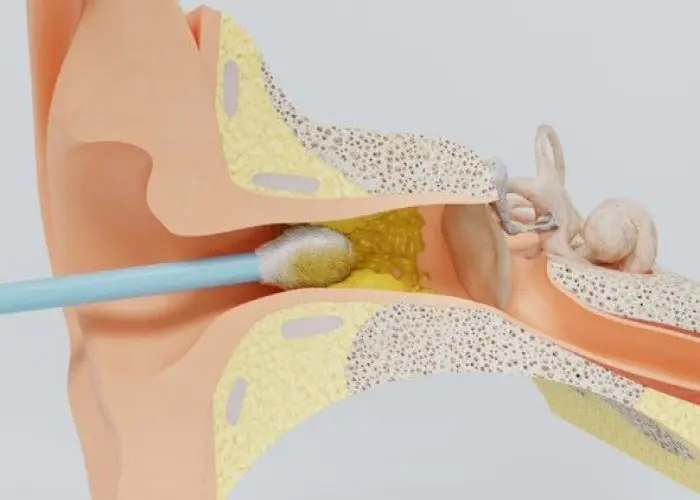
Earwax blockage

Plague

MCAD deficiency

Patellofemoral pain syndrome

Jellyfish stings
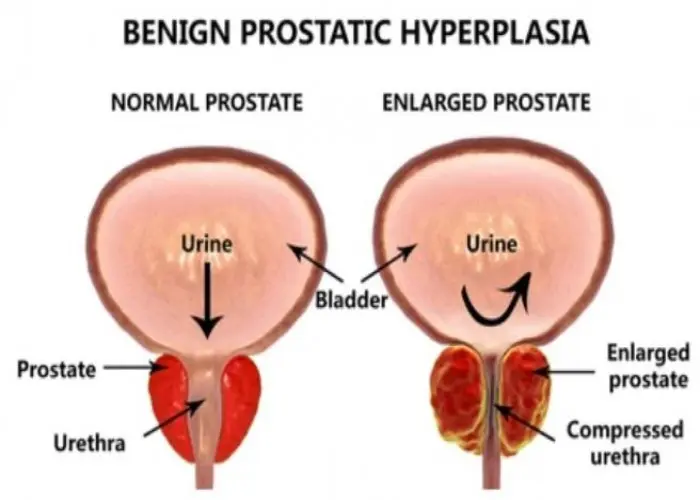
Benign prostatic hyperplasia (BPH)
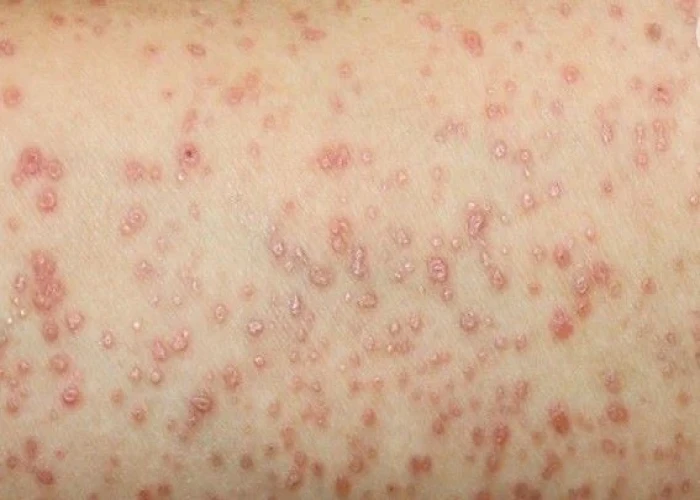
Lichen planus

Atrial septal defect (ASD)
small bowel cancer, পেটের ছোট ক্যান্সার
To be happy, beautiful, healthy, wealthy, hale and long-lived stay with DM3S.
